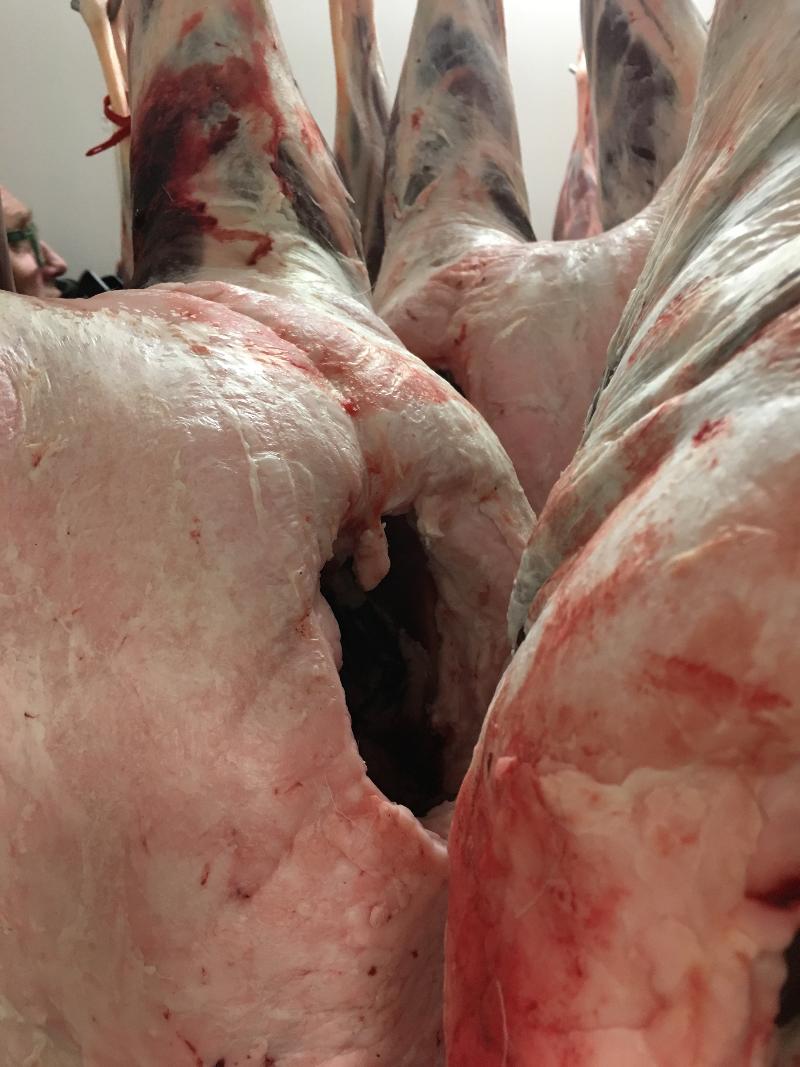Health and infectious diseases in semi-domesticated reindeer in a changing climate

Reindeer will be sampled (live or at slaughterhouse/hunt; 2017-2019) and investigated for climate sensitive infections and the presence of unknown viruses (metagenomics). We will also address traditional knowledge among reindeer herders regarding understanding, prevention and treatment of reindeer diseases, through interviews with the project participants. Data will be available for all the working packages in CLINF and thus compared with relevant investigations and results from Russia, Finland, Sweden and Greenland, and will also be linked to findings from a previous project (CARD).
The project results will thus be a part of a longterm monitoring, addressing fluctuations and trends along with a changing climate. The project is a cooperation between UiT, Norwegian Veterinary Institute, Norwegian Institute for Nature Research (NINA), Northern Research Institute (Norut), East Iceland Nature Research Centre, and reindeer herders (Norway) and hunters (Iceland).
Funding: FRAM Centre; Terrestrial flagship: Climate Effects on Terrestrial Ecosystems, Landscapes, Societies and Indigenous people. Project period: 2017-2019. Project leader: Morten Tryland.